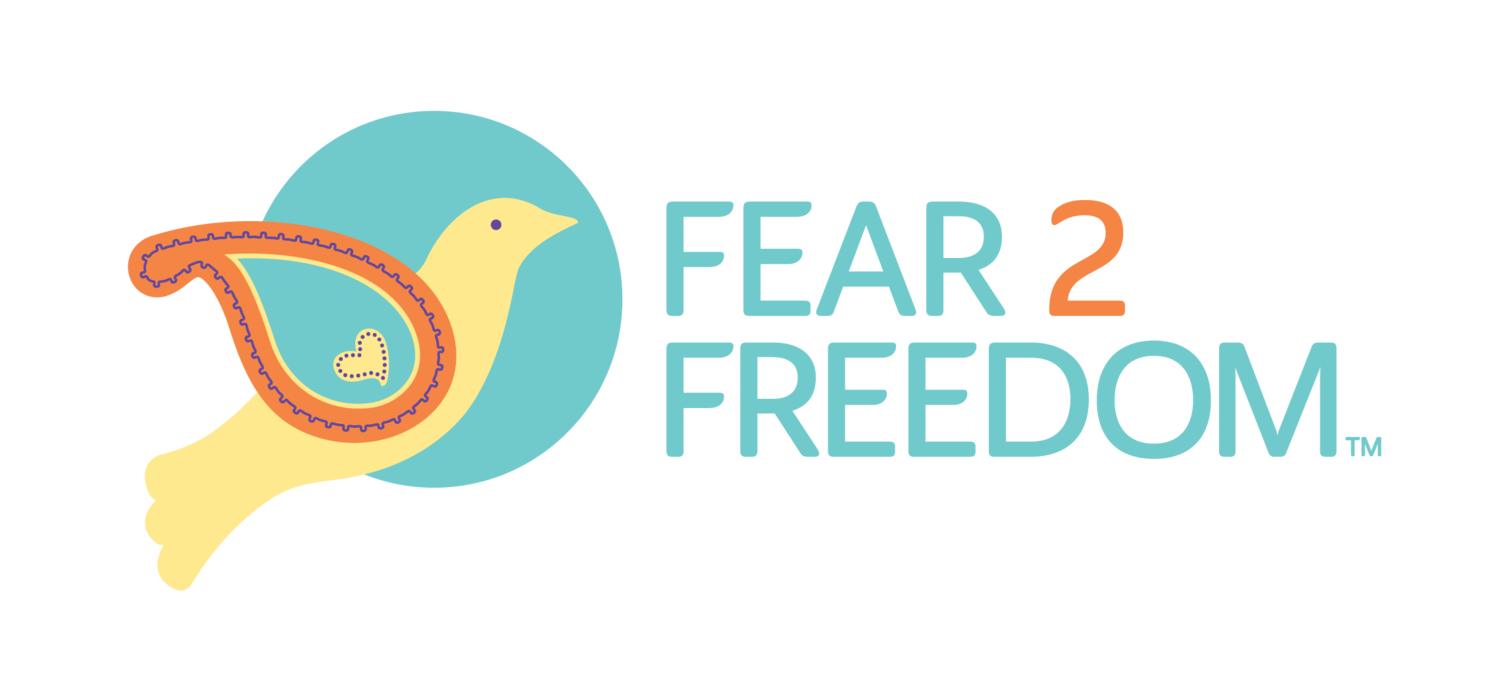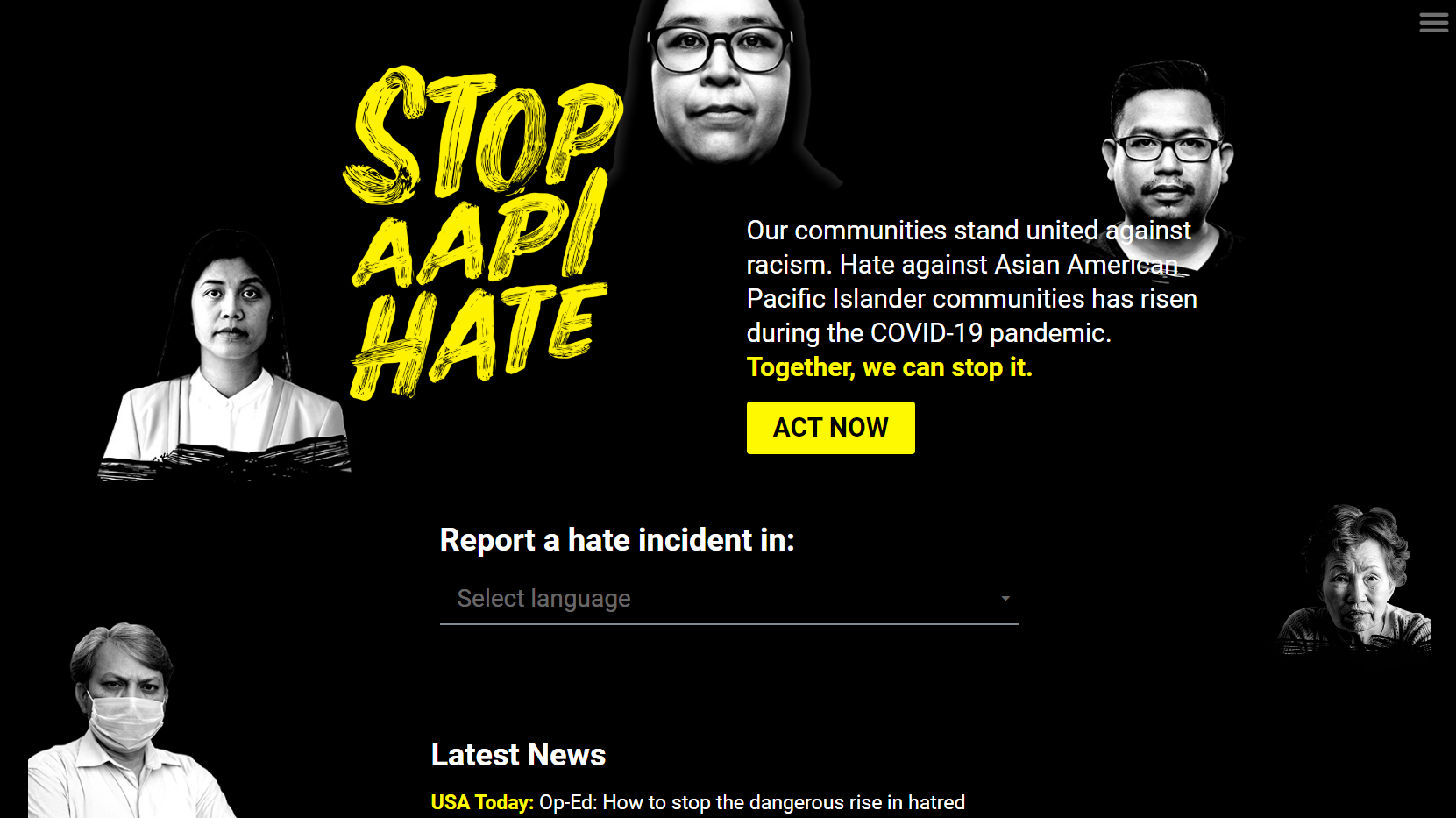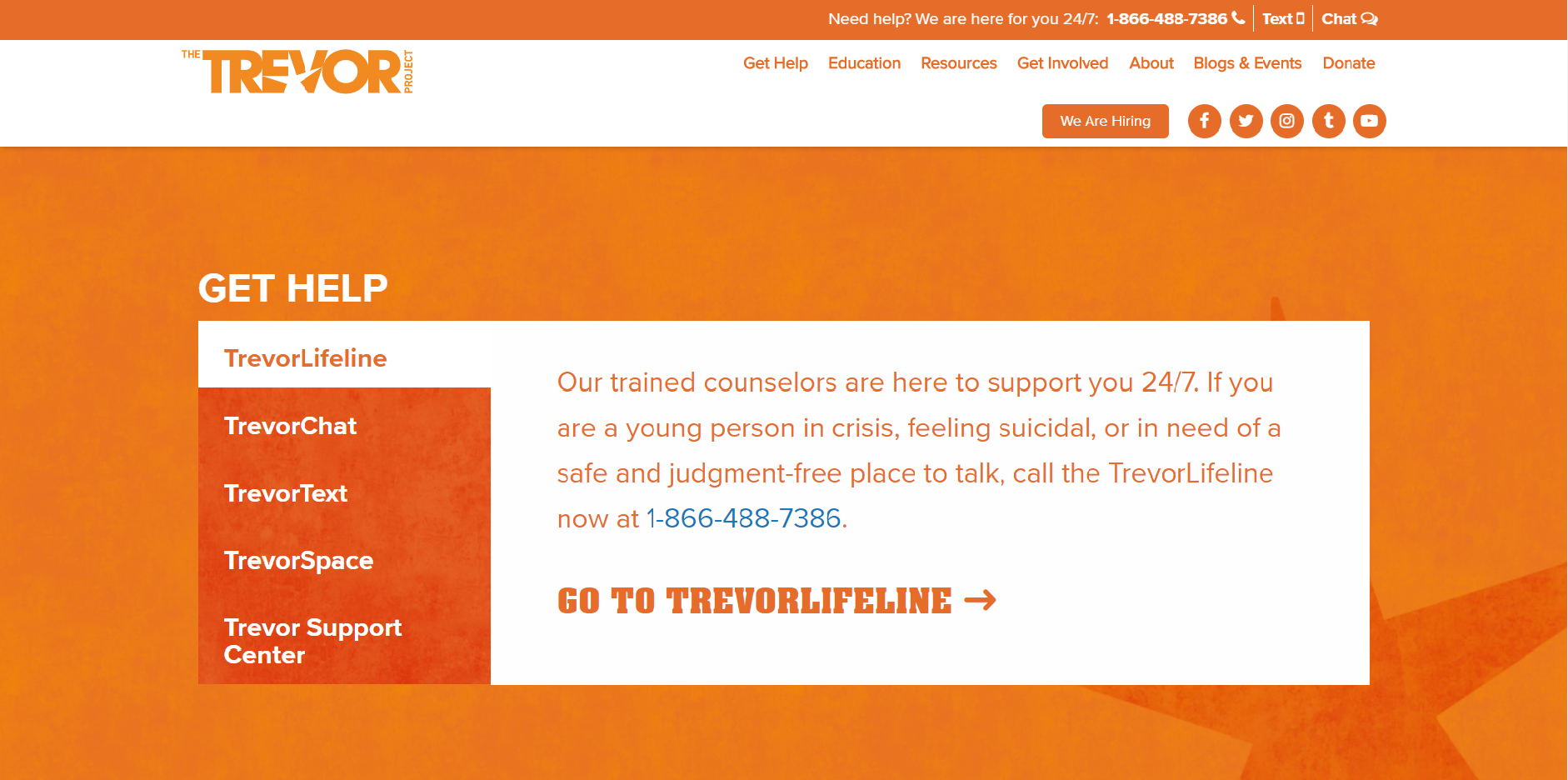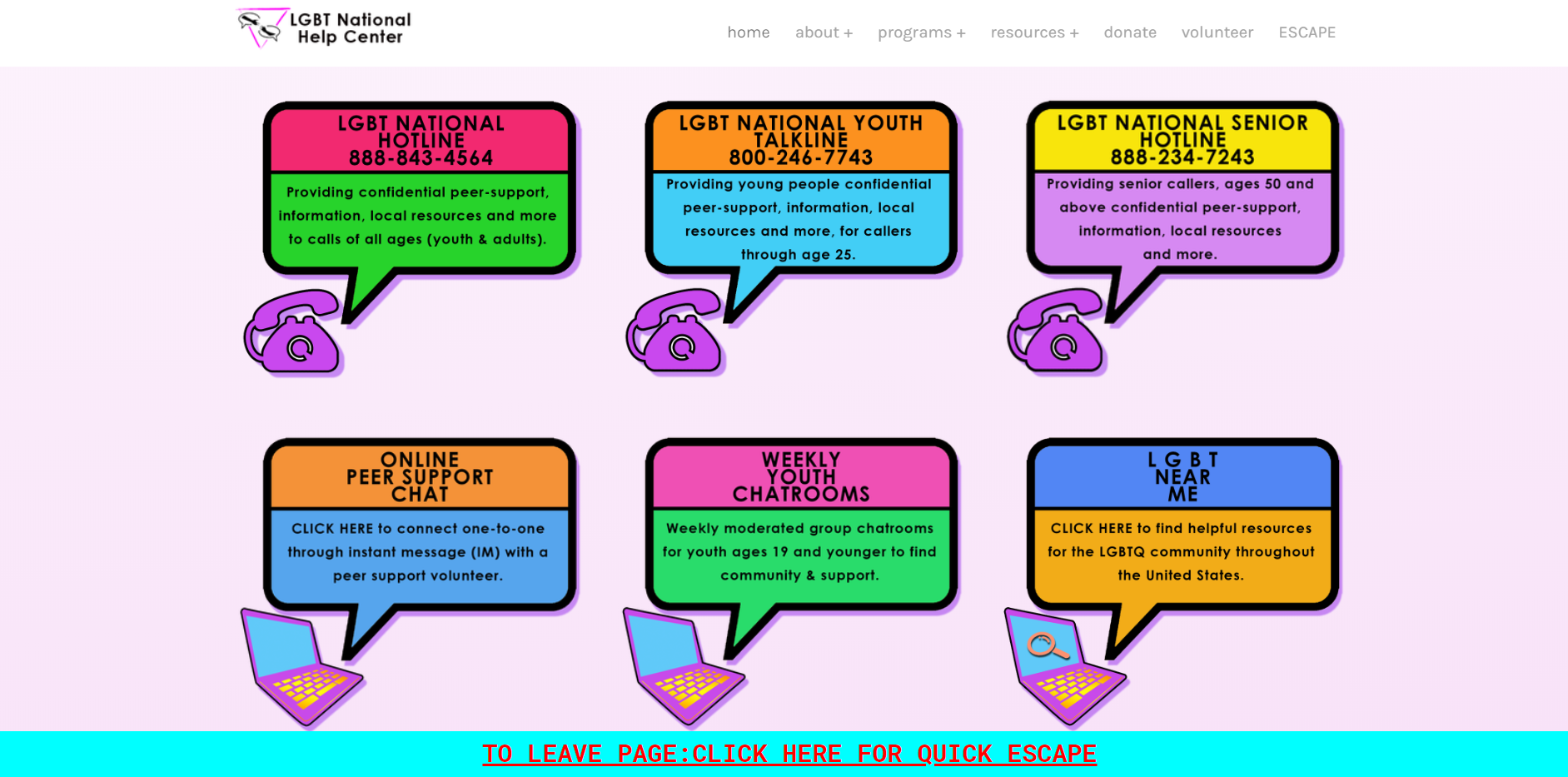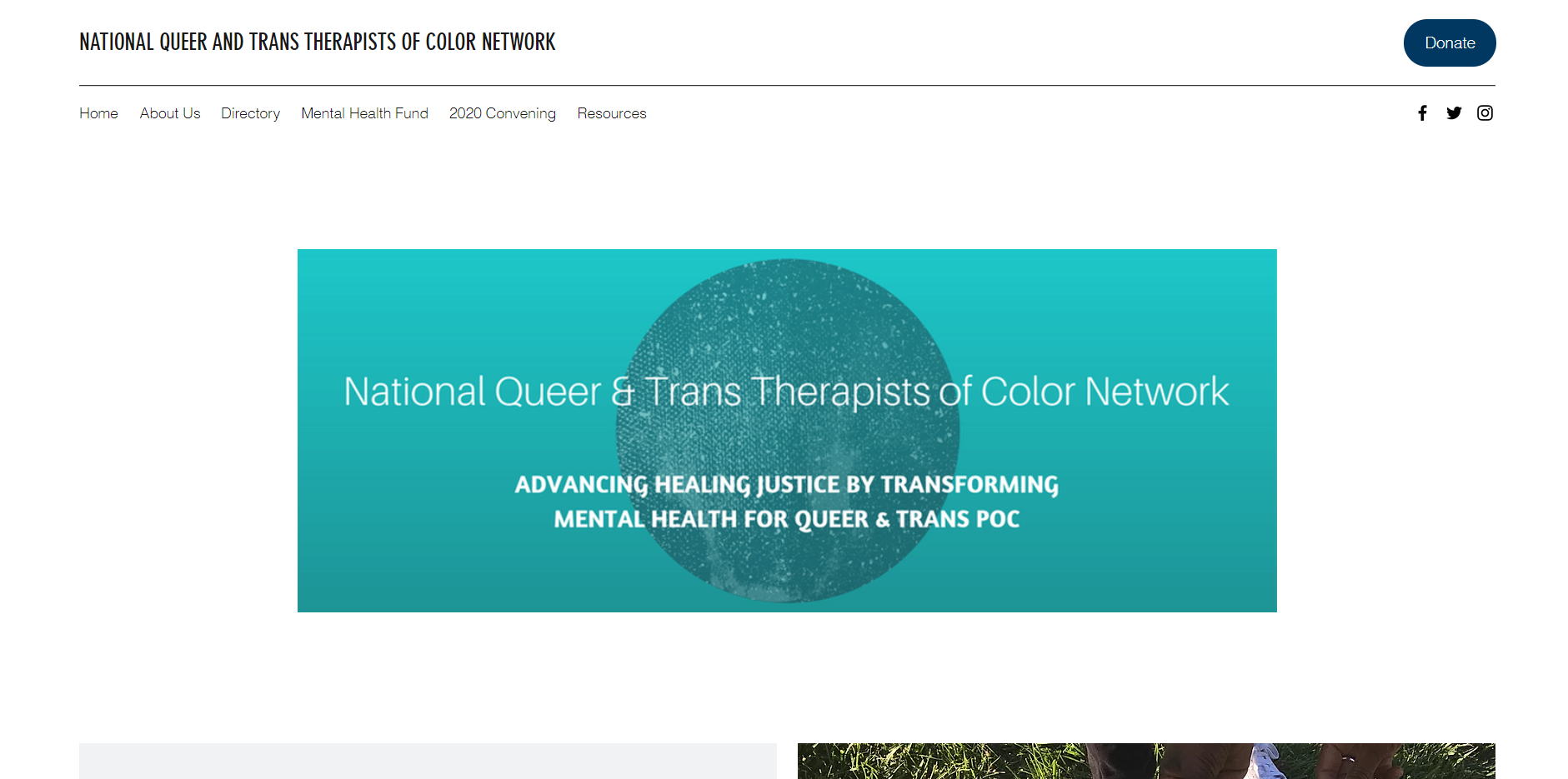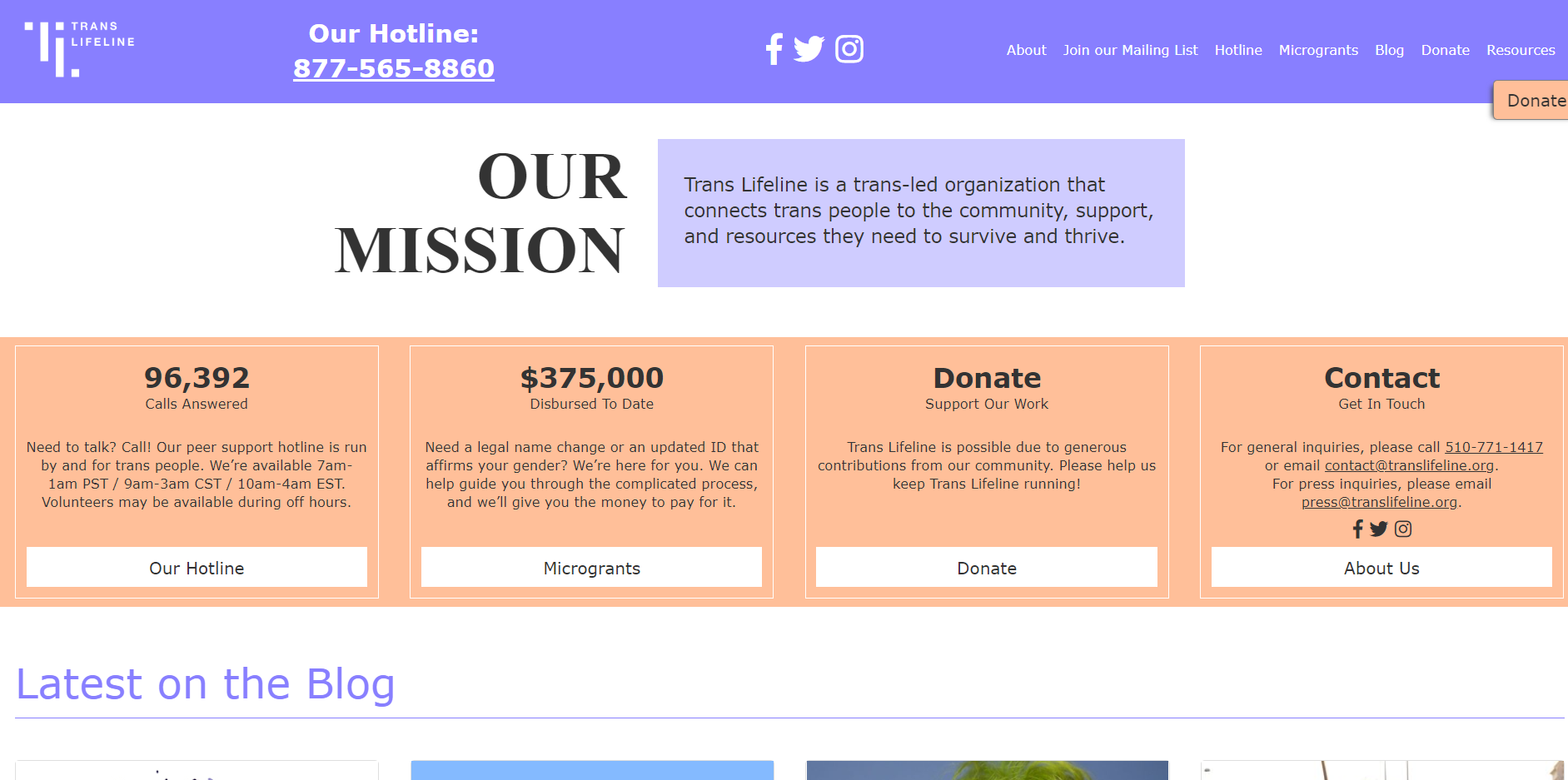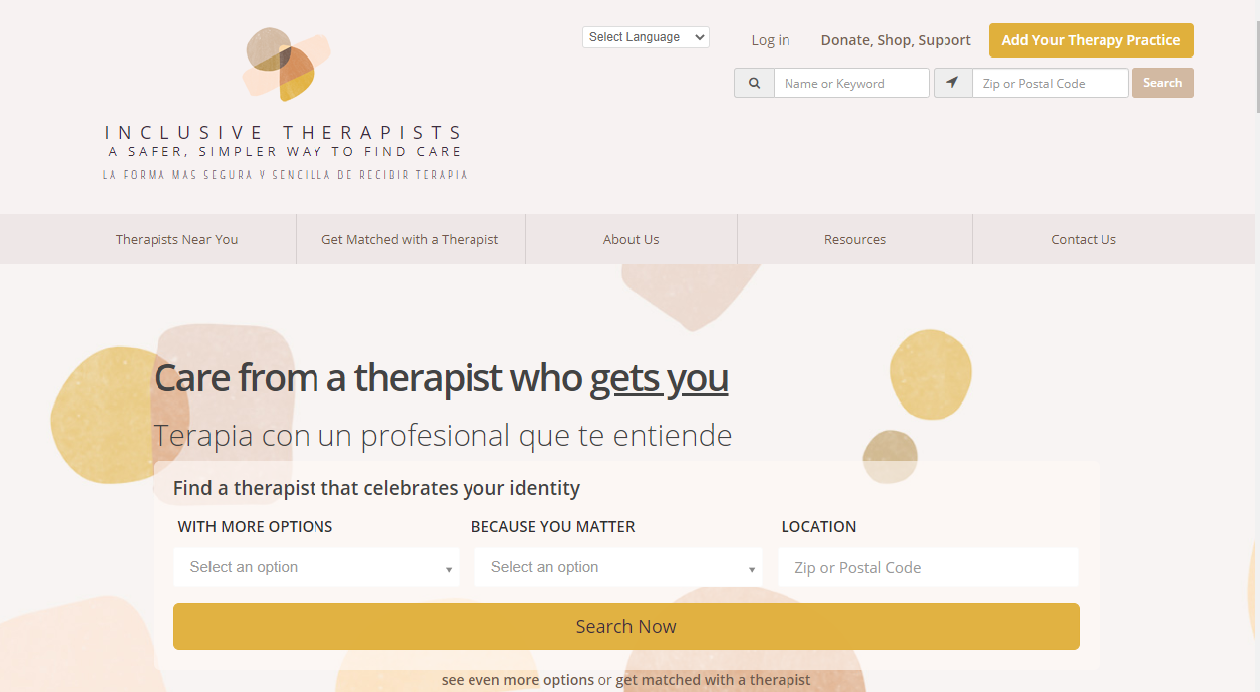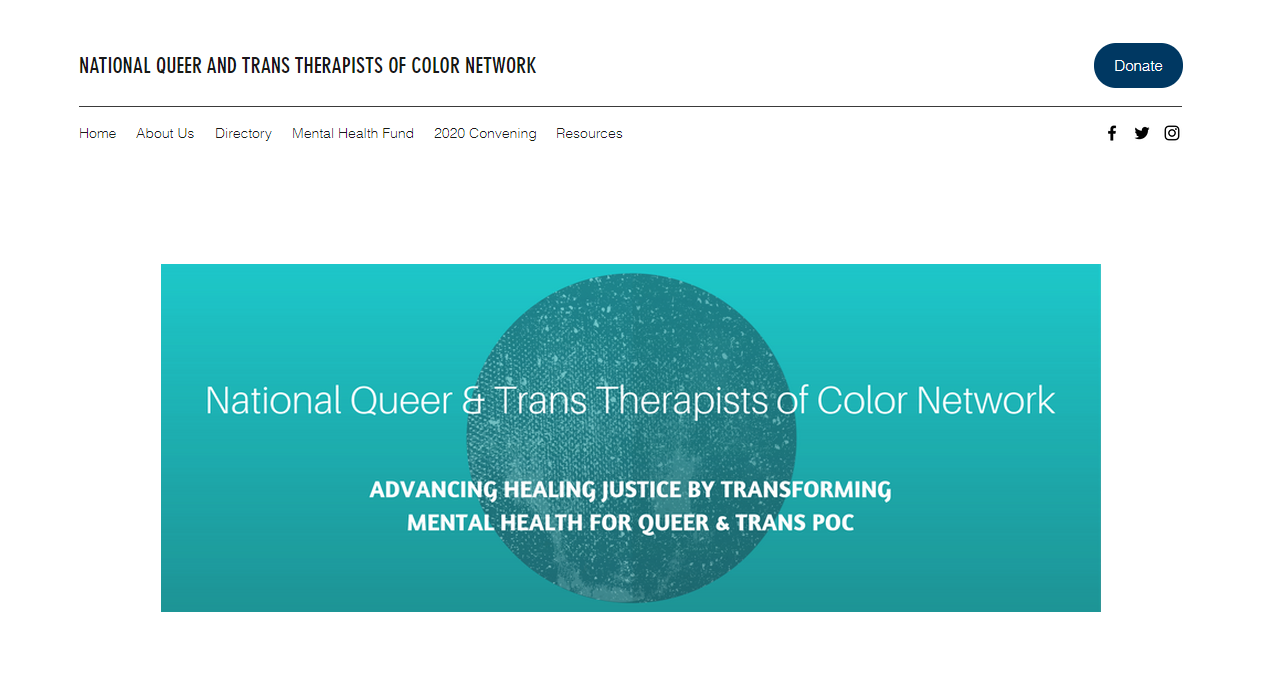As someone who is deeply interested in psychology and working with children, it is important to me that people truly understand the roots of mental health and how to maintain one’s mental health. The term “mental hygiene” has been around since the mid-1800s when society began to notice the toll the Civil War was taking on people. Today, there is not as much of a stigma around mental health, as most people deal with some sort of mental illness. Back in the 1800s, mental illness was thought of as an exaggeration, along with many other things. Today, there are recognized illnesses and treatment plans to help people overcome their mental health obstacles.
The reason that I mentioned I enjoy working with children is because I hope to be a guidance counselor once I graduate from college. Taking the psychology route through college has opened my eyes to noticing mental disorders and understanding that they are in just about everyone. In my lifetime, I hope to help children who suffer from mental illnesses and disorders. I mainly want to help them notice that it is okay and that they are not weird or different for having those problems. The most common mental disorders in U.S. children are ADHD, anxiety, depression, and behavior problems. Over 3% of children between the ages of 2 to 17 have been diagnosed with depression in the U.S. While this may not seem like a lot, it is approximately 2 million children. The rates for depression and anxiety within children have increased over time. In 2003, 5.4% of children said they had been diagnosed with either anxiety or depression and in 2012, it was at 8.4%. Between the ages of 2 to 8, ⅙ children suffer from a mental, behavioral, or developmental disorder.
Now, what does abuse have to do with this? Every year, more than 6.6 million children are referred to child protective services for child abuse and/or negligence. In one study, 80% of 21-year-olds who had reported experiencing childhood abuse met the criteria for at least one mental disorder. Every day, at least four children sadly die as a result of abuse or neglect. Another study recorded that abused children are four times more likely to develop a mental illness than a non-abused child. These heartbreaking statistics are a real eye-opener into what happens beyond the front door of a household. It is so important that we as human beings protect the little lives that will one day walk in our shoes. If I have learned anything in my psychology classes, it is always important to listen and adjust to different behaviors and situations. Knowing the signs of child abuse and knowing how to act appropriately and accordingly could save a child’s life.
The Washington State Department of Children, Youth, and Families put out a report of ten ways that YOU can help to prevent child abuse:
1. Volunteer your time
Get involved within your community and other communities to help spread awareness and help vulnerable children and their families.
2. Discipline your children thoughtfully
When it comes to disciplining your child, it is important to look at HOW you are doing and HOW it will affect your child. Yelling at the top of your lungs for an extended period of time and/or laying a hand on the child, WILL NOT work. This will only make things worse for you and for your child. Make sure to encourage the good behavior your child shows and to listen to their problems when they’re exhibiting bad behavior.
3. Examine your own behavior
Remember, abuse is not only physical, it is also mental. The phrase “actions speak louder than words” is invalid in this case because children WILL remember those hurtful words for the longest time. These words will haunt them and make them overthink to the point where they think they caused this to happen to themselves. Another thing to think about is that some actions are replicated, so if you do something to your child, there is a chance that they will replicate those actions onto someone else.
4. Educate yourself and others
The best way to prevent child abuse is to educate yourself and others, which could be through fundraising and/or spreading awareness. There are hundreds of resources out there for any parent to learn from and so many support groups that help you know that you are not alone and that want to help you.
5. Teach children their rights
This stems back from what I said earlier where children replicate with learning. When children are taught what is right and wrong, that they are special and worthy, and that they have the right to feel safe, they are less likely to think abuse is their fault. It is so important that we set a good example for our own children and others. When children understand that they are in a bad situation, your lessons to them will help guide them out towards safety.
6. Support prevention programs
Prevention programs are created to help prevent, stop, and intervene in abuse situations. Helping these programs run, will only help more and more children escape those bad situations.
7. Know what child abuse is
Knowing the signs and understanding what an abused child is going through is key in helping them with their recovery process. Know that it is NEVER the child’s fault. No form of abuse is EVER the victim’s fault and it is so important that they understand this. Abuse can stay with the survivor for the rest of their life, so know that it is okay if mental health struggles resurface even years after the event occurred.
8. Know the signs
As stated above, it is key to know the signs of child abuse, both mentally and physically. Some signs are visible, like scars, bruises, and poor hygiene, but some are invisible, like a change in sleeping or eating patterns.
9. Report abuse
Report, report, report! A child almost always has no say, so make sure that they have a voice, even if it is not through you. The important thing to do is to make sure that they are in a supporting and loving environment. After reporting, make sure that the child knows and understands that they have done nothing wrong. Like mentioned before, the child did not ask for that to happen to them and legally they couldn’t give consent.
10. Invest in kids
Encourage everyone to be supportive of children and families. Have others learn the signs and what they can do to help too. Many employers have family-friendly work environments, so make use of this feature. You can also send letters to government officials to help support legislation that works to improve the lives of children.
Ways to help with children’s mental health is very similar to the ways to help abused children. Lastly, I just want to say that everyone should aim to provide children with the best possible life they can have. Everyone parents differently, but they should all be looking out for their child’s best interests.
For more information on understanding and addressing child abuse, you can contact the Childhelp National Child Abuse Hotline 24/7 at 1-800-422-4453.
